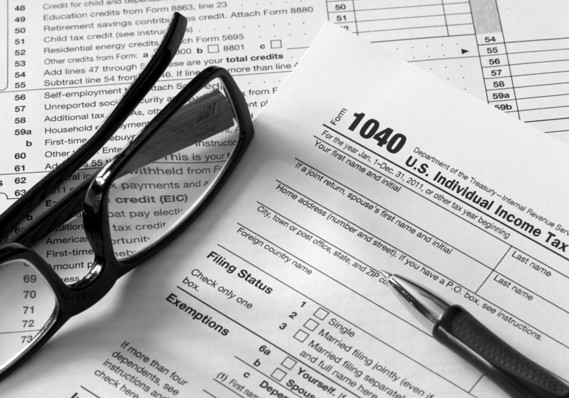19 Tax tips for real estate investors
Post on: 18 Июнь, 2015 No Comment

Share
- Share on Facebook Tweet this post Pin this post Share this post
When you are getting your paper work ready, don’t forget to claim all your deductions. If after reading this article you discover that you have omitted certain expenses, you can amend your tax return.
Below is a list of common expenses that you can claim. I have added my comments to highlight a number of important points:
1. Advertising
Include costs for all print and internet ads. Even if you have a property manager looking after your property, check your statements as they have may have charged you for brochures or other marketing material.
2. Bank Charges
3. Body corporate fees
These can be quite high if you own a unit in a high rise complex which includes lifts, swimming pool and spa. These fees are generally paid every three months.
4. Borrowing expenses
These were incurred at the time of purchase and can be claimed over a period of 5 years.
5. Capital works
Don’t forget to include depreciation of the building. If you don’t have a depreciation schedule for your property, make some enquiries. The claimable deductions can greatly increase your cash flow, especially if you have a relatively new property.
6. Council rates
Don’t forget to include all payments made, especially if you have arranged a payment plan with the local Council.
7. Depreciation of assets
You should have a depreciation schedule for this. Even an older property can have significant depreciation benefits due to recently installed fixtures and fittings.
8. Gardening
If you pay for all the gardening/lawn mowing, ensure that you claim for all the costs. If the tenant pays for this, you cannot make a claim.
9. Insurance
You may have a number of insurance policies on the one property e.g. building, contents, landlords’ insurance. Claim for all premiums paid.
10. Loan interest
For most investors, this will be the biggest expense. If you have a principal and interest loan, you can only claim the interest component. If you are not sure what this is, ask your bank to provide you with the details.
11. Land tax
This is one of the biggest hurdles to owning multiple properties. Whilst you are visiting your accountant, ask them about ways that you can minimize your land tax.
12. Legal expenses
In over 20 years as a property investor, we have not had to pay one cent in legal fees for residential property. The Residential Tenancies services around the country are either free or available at a very low cost. However, holding commercial property can be a very costly exercise if you have a legal dispute.

13. Pest Control
In some states, pest inspections and control measures are vital to the health of your building and future wealth. If you are not sure about the pest situation at your property, get an inspection done.
14. Phone
You can include a portion of your phone expenses if you have used your phone as part of your property investment business. Check your mobile and landline bills.
15. Property management fees
This is usually around 10% of your gross income when you include ongoing fees, monthly account keeping fees, administration fees, inspection fees, bill paying fees, etc.
16. Repairs & maintenance
Ensure that your claim is for a repair or maintenance and not a capital improvement. If you’re not sure about the difference, ask your accountant.
17. Stationery
This includes stamps, envelopes, paper, books, etc. This is not usually a large expense as most communication with the tenant is done by phone or email.
18. Travel
You may be able to claim a large amount in travel expenses, especially if you manage the property yourself and you live a long way from your investment property. There are a number of ways to claim this expense; ask your accountant which is the best way for you.
19. Water Charges
You can only claim for the portion of the water bill that you have paid for. If you have an arrangement whereby your tenant pays for some of the bill, their portion is not claimable by you.
If you have an investment property and don’t have an accountant, find one but make sure they know about property.














